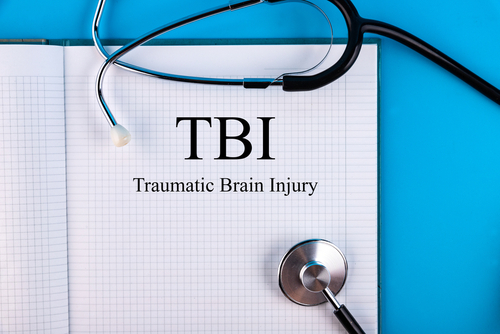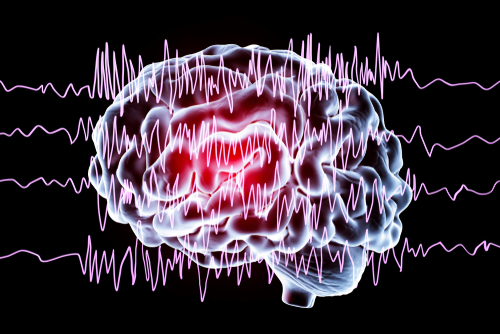Traumatic brain injury (TBI) is a medical condition that can affect one’s physical, neurological, and/ or emotional functioning and occurs because of experiencing a jolt or blow to one’s head. The specific symptoms that develop because of a TBI will vary significantly, as they depend on the type of injury, the severity of the injury, as well as the area of the brain that was injured. For some individuals, a TBI may only affect the exact location on the brain where the injury occurred, while for others a TBI could also affect surrounding tissues and cause damage to one’s brain in other areas apart from the initial site. The nature of the symptoms will also vary as some TBI symptoms may appear immediately and dissipate rather quickly, while others could present several days or weeks later, and some experienced symptoms may evolve over time. It is not uncommon for a TBI to cause symptoms that manifest as significant behavioral and emotional changes.
Symptoms
The American Psychological Association explains that “personality refers to individual differences in characteristic patterns of thinking, feeling, and behaving.” A TBI can influence one’s personality as it affects the way an individual processes and understands information, which also affects one’s emotions. Although everyone is unique and the circumstances surrounding an individual’s TBI experience will be distinct, there are certain behavioral and emotional symptoms that are more common than others, including the following examples:
- Verbal outbursts
- Physical outbursts
- Poor judgment and disinhibition
- Impulsive behavior
- Negativity
- Intolerance
- Apathy
- Egocentricity
- Rigidity and inflexibility
- Risky behavior
- Lack of empathy
- Lack of motivation or initiative
- Depression or anxiety
After suffering a TBI an individual may experience physical fatigue, mental fatigue, and/ or psychological fatigue, which can contribute to a lack of patience. An individual may feel frustrated and/ or dissatisfied because of the forced changes occurring in one’s life brought on by the TBI. A TBI can cause emotional dysregulation which can increase the severity and frequency of difficult to control mood swings (a sudden or intense change in emotional state).
For Information and Support
If you are concerned for yourself or a loved one regarding substance abuse and/ or addiction, we recommend reaching out for help as soon as possible. If left untreated, substance abuse can result in long-lasting and potentially life-threatening consequences. Keep in mind: you are not alone! There is an entire network of professionals that are available to help and support you and your loved one throughout the recovery process. The earlier you seek support, the sooner your loved one can return to a happy, healthy, and fulfilling life.
Please do not hesitate to reach out with any questions regarding our specific program at Haven House Addiction Treatment and/ or general substance abuse and/ or addiction treatment-related information. Our highly trained staff is readily available to discuss how we might best be able to help you and your loved one. We can be reached by phone at 424-258-6792. You are also welcome to contact anytime us via email at admissions@hhtxc.com.



